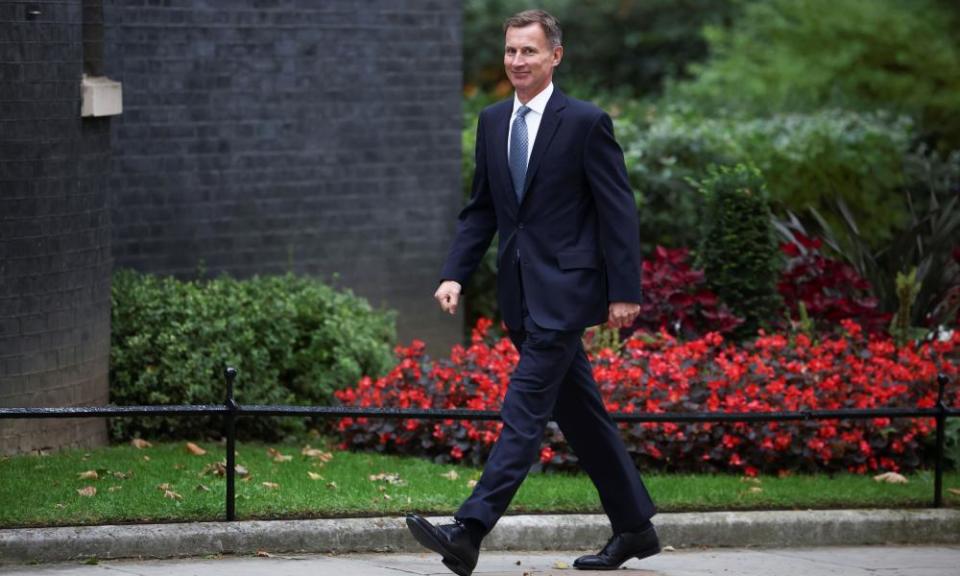Another U-turn likely from UK government on care costs bill

Senior Tories told ‘dog’s dinner’ legislation will change to prevent defeat over proposals that would penalise the poor
The government is preparing to drop controversial plans that would force poorer pensioners to pay more for their social care, in order to avert a possible Commons defeat that would further damage Boris Johnson’s authority, the Observer has been told.
Senior figures and officials in the House of Lords are understood to have been reassured by the health minister Lord Kamall that the legislation will not return to the Lords in its current form after its committee stage early next year.
One former government minister also said he had been told by a senior official in the NHS hierarchy that the plans would be returned to something more like the original proposals made several years ago by the economist Andrew Dilnot.
In the Commons on Monday night, the government narrowly won a vote to change its social care plans in England in a way that would hit poorer people, because means-tested contributions from councils to their care costs would not count towards a new £86,000 cap on payments for each individual. Although the government won, 19 Tory MPs voted against it and 68 abstained or had leave of absence. Many Tory MPs in red wall seats were outraged that Johnson appeared to be reneging on his promise that no one would be forced to sell their home to pay the costs of care.
It is understood that senior figures in the Department of Health and Social Care have described the plans as a “dog’s dinner”, and expressed fear that, without changes, the government could even be defeated at later stages of the legislation.
Jeremy Hunt, chair of the Commons health select committee, abstained in the vote and suggested that the government would have to move. “I was conflicted. I actually ended up abstaining because it is a big disappointment that they changed the way the cap is calculated,” he said, making clear that he expected the government to look again at the plans. Several Tory peers, including the former health secretary Andrew Lansley and ex-pensions minister Ros Altmann, have raised objections.
Related: Six in 10 elderly care users in England set to lose out from change to costs cap
The change, if pushed through, would mean homeowners in the poorest areas of England would face losing a three-times greater share of their housing wealth to pay for social care than people in the most affluent areas, according to Guardian analysis.
A former minister said: “It is clear that ministers realise after this week’s events that they are defending the indefensible and will have to change tack.” He said ministers will probably be wanting to prepare the ground for a U-turn gradually so that, when it comes, it is not seen as a surprise.
A Department of Health and Social Care spokesperson said: “This is categorically incorrect. Our reforms mean that, for the first time in history, people will be protected against unlimited and catastrophic costs when paying for care.
“We are introducing a significant increase in state support to help people with their social care costs, ensuring they have greater certainty over what they need to pay and receive higher quality care.”

 Yahoo Finance
Yahoo Finance 